Faren for en massiv, endnu større strøm af flygtninge, der kommer fra Afrika og ind i Europa, så vel som også den fortsatte krise centreret omkring Mellemøsten, betyder således, at Europa er absolut dømt til undergang, med mindre der finder et fundamentalt skifte i politikken sted. Og dette betyder, at USA og Europa indledningsvis må række hånden frem mod Rusland og Kina.
Engelsk Udskrift.
US & EUROPE MUST REACH OUT TO RUSSIA & CHINA TO AVOID WAR
International LaRouche PAC Webcast
Friday, February 19, 2016
MATTHEW OGDEN: Good evening. It’s February 19, 2016. My name
is Matthew Ogden and you’re joining us for our weekly, Friday
evening broadcast here from larouchepac .com
I’m joined in the studio tonight by Jason Ross from the
LaRouche PAC science team, and we’re joined via video, from a
remote location, by Jeffrey Steinberg of Executive Intelligence
Review. The three of us, along with several others, had a chance
to have a discussion earlier today with both Lyndon and Helga
Zepp-LaRouche, so what you’re about to hear will be informed by
that discussion.
Now, I’m going to just start right off the bat with a
discussion of the very dire threat of an international conflict
arising, especially from the powderkeg of Syria, Northern Africa,
and the Middle East. The area of Syria, where, despite the
efforts of Secretary John Kerry to find common ground with
Russian Foreign Minister Sergey Lavrov, Obama’s refusal to tell
Saudi Arabia and Turkey to stand down is threatening to blow this
entire thing sky high. A very accurate discussion of this was
published earlier today in a piece on Consortium News by Robert
Parry, the editor of that publication, in which he says the risk
that the multi-sided Syrian war could spark World War III,
continues, as Turkey and U.S. neo-cons seek an invasion that
could kill Russian troops, and possibly escalate the Syrian
crisis into a nuclear showdown.
What Robert Parry says in this article is that Barack Obama
took questions from reporters on Tuesday, but he did not take the
one that needed to be asked: which was whether he had forbidden
Turkey and Saudi Arabia to invade Syria, because on that question
could hinge whether the ugly Syrian civil war could spin off into
World War III and possibly a nuclear showdown.
Now, this was part of our discussion earlier today with Mr.
LaRouche and what I know Jeff will elaborate much more on, was
LaRouche’s analysis. But in short, what Mr. LaRouche had to say
is that what Putin is doing in this situation, and overall in a
strategic manner, defines the point of action, defines the point
of reference, for action. Everything else is bluff.
So, let me hand it over to Jeff, and he’ll elaborate many
more of the details, and then we’ll come back to our
institutional question for this evening, which Jeff will also
answer. So, Jeff?
JEFFREY STEINBERG: Thank you, Matt. Well, as we were going
through the discussion with Mr. LaRouche earlier today, he
actually drew a distinction between the bluff, and what he said
much more accurately is the folly of what Turkey and Saudi Arabia
are up to. It’s folly because they are caught in their own
madness, and don’t even realize the consequences of what they’re
doing in the real world. They don’t have the capability to carry
out the kind of provocations that they are threatening, and the
danger, of course, is that that does not mean that they’re not
going to try to do it.
Putin stepped into the Syria situation at a critical moment
last September, and the entire situation has shifted radically
since that point. The Russian intention is {not} to simply
accomplish a military victory on behalf of the forces of
President Assad. They’re creating the conditions to force the
intransigents, in this case Turkey, Saudi Arabia, Qatar, some of
the other Gulf states, and always lurking in the background when
you’re dealing with Saudi Arabia and the Muslim Brotherhood is
the British. So, Putin has established a clear sense of control
over the situation. Undoubtedly part of Putin’s configuration is
that Obama has been greatly weakened by the actions of Russia; on
the economic sphere, the actions of China; and there are sane
military forces in the United States who recognize the folly of
what Turkey and Saudi Arabia are doing.
This has been described by Parry, whose article you
mentioned, and by others, as the danger of a Sarajevo 1914 flash
point, along the Syria-Turkey border, but what Mr. LaRouche
emphasized today is that Putin has a very clear sense of the
military correlation in this situation, and has also a very clear
sense that Turkey and Saudi Arabia are acting on the basis of
their own irrationality. And he is luring them in to the kind of
trap that could be basically enclosed on them at any moment. It’s
a gravely dangerous situation, but you have at least one key
player, namely Russian President Putin, who knows what he’s
doing, and who is steering these events in a way that conforms to
an appropriate strategic analysis, and to an understanding of how
to basically defeat these forces that have been trying to destroy
Syria for the last five years, and in so doing, to deprive Russia
of one of its own critical access points in the Mediterranean
region.
Now, what Mr. LaRouche really emphasized, and I think that
this is the crucial point to take away from this issue, is that
the center of gravity of world affairs has dramatically shifted
to where the Asia-Eurasia region, anchored in the cooperation
between China and Russia and India, with other countries grouping
around that, is really where the strategic center of the world
economy has now been shifted. And if you look at the situation in
Europe, in particular, from one end to the other you see nothing
but bankruptcy and political failure. The United States is on the
verge of the same kind of bankruptcy. And so the only place where
you have growth and stability by any measure, and of course Asia
and Russia and Eurasia are not devoid of problems, but relative
to the state of absolute bankruptcy that we see in Europe and in
the United States, we see a disintegration of the political and
economic conditions in much of South America, as well. Of course,
Africa has been on the target list of the British and other
European colonial, imperial powers for the longest time.
But in Asia, you not only have a much more stable and
growing situation, but you have a commitment to an abandonment of
geopolitics in favor of what Chinese President Xi Jinping has
called the ”win-win” strategy. And if you look at the crisis in
Europe right now, leaving aside the fact that the entire European
financial system is bankrupt — hopelessly, irreversibly bankrupt
under the present conditions and terms of thinking that dominate
Europe — if you look at the refugee crisis, you’re beginning to
see a glimmer of sanity, driven by desperation, by certain of the
people who are responsible for creating the European fiasco in
the first place.
So, you’ve got people like Wolfgang Schäuble, the finance
minister of Germany, who was one of the monsters behind the
destruction of Europe, including the German economy itself, now
saying there must be a Marshall Plan to rebuild Syria, to rebuild
other parts of the Middle East, and only on the basis of a
Marshall Plan, which gives people a clear incentive to go back to
their homes, to rebuild their country, only under those
circumstances, and those circumstances alone, can the refugee
crisis in Europe be remotely solved. And of course, what applies
to the Middle East applies doubly for Africa, where the
U.S.-British-French overthrow of Qaddafi unleashed absolute hell
throughout the African continent.
And so the danger of a massive, even larger flow of refugees
coming out of Africa into Europe, as well as the continuing
crisis centered in the Middle East, means that Europe is
absolutely doomed unless there is a fundamental change in policy.
And for starters, that change means that the United States and
Europe must reach out to Russia and China. You had the recent
visit by President Xi Jinping of China to Saudi Arabia, to Iran,
and to Egypt, and what Xi Jinping made very clear is that China
is prepared to move towards the building of the Silk Road
infrastructure, the New Silk Road land route, the Maritime Silk
Route, which will come up through the newly expanded Suez Canal
— China will do that. In fact, just this week, the first freight
train from Eastern China arrived in Iran, and this is part of the
entire European system of not just transportation corridors, but
development corridors that have been put forward by China as the
cornerstone of their foreign policy.
So, they’re presenting a win-win alternative. And in the
case of Europe, there is no alternative. Europe is so politically
and psychologically bankrupt — the leadership of Europe is so
bankrupt that China, through this Middle East development portion
of the One Belt, One Road policy, offers the only viable basis
for this Marshall Plan idea to actually be put into practice. And
were it not for the Putin intervention, beginning last September,
we couldn’t even be contemplating the possibility of that kind of
solution to this seemingly intractable problem in the Middle
East.
Now, Mr. LaRouche emphasized in this context that Europe is
completely gone; it’s completely bankrupt, and there are
solutions, but the present leadership is unprepared to consider
that kind of level of rethinking. In the United States, we’re
very close to the edge, but the United States {can} be saved and
the solution to the problems in the United States begins with
removing President Barack Obama from off ice immediately, and
moving to wipe out the thoroughly bankrupt Wall Street system.
Because until that system is put through basically a bankruptcy
shutdown, then none of the viable and available solutions are
going to be there. But, if you were to get rid of Obama, if you
were to wipe out Wall Street,–and, for example, immediately
passage of Glass-Steagall would be one critical element for that
process to happen almost overnight — then we have a history in
the United States. We had Alexander Hamilton. We had Franklin
Roosevelt. We had glimmers of the same policy with John F.
Kennedy. You go back to a credit system, a government credit
system that kick-starts production, that trains a young
generation that’s right now completely unqualified to serve in a
real economy.
All of that means the United States coming into alignment
with what we see going on with China, with Russia, with India,
with others. In other words, the United States becomes part of a
genuine trans-Pacific collaboration, and under those
circumstances, Europe itself would have no choice but to get on
with the program.
So, what we’re seeing from Turkey, from Saudi Arabia, and as
I said, always watch for the British lurking in the background
with those two countries — you have clinical insanity and folly,
which holds the danger of war. But Mr. LaRouche again emphasized,
Putin knows this. He sees all of this, and he is on top of the
situation, and is prepared to take the appropriate and necessary
actions. And there are some people who are not completely out of
their minds on the U.S. side, within the military-intelligence
community, who understand that partnering with Russia is the only
way to solve this problem.
OGDEN: Thank you, Jeff. Now, just really on the subject that
you ended on here, the bankruptcy of Wall Street and the extended
Wall Street system, and the relationship of that to the
conditions in Europe; that brings us to our institutional
question for this evening, which reads as follows: ”Mr.
LaRouche. The heat is turning up on British Prime Minister David
Cameron, who’s trying to get the upper hand over a referendum
that could result in the UK leaving the European Union. The
potential break-up of the European Union, which is called
‘Brexit’, has elicited warnings about the impact on the UK
economy should voters say that they want out of the EU. A recent
poll showed that 42% of UK voters would opt to leave the EU;
compared to 38% who say that they would vote to stay. This week
will be the first major test as to whether Cameron’s done enough
to secure an agreement to change some terms of the UK’s
relationship with the European bloc. Cameron says that he will
campaign to stick with the EU, if a deal can be reached. This
Thursday and Friday will be the first time that all 28 EU
countries will discuss a package of proposals recently released
by the EU, aimed at addressing the UK’s economic concerns.
Cameron negotiated the proposals with the EU leaders and Donald
Tusk, President of the European Council — the EU’s main
decision-making body. What is your view of a possible ‘Brexit’?”
STEINBERG: Well, you know, you’ve got ”Brexit” that was
preceded by ”Grexit”, and probably we’re going to have a much
larger lexicon; that all comes down to the fact that people have
the sense that the European Union, particularly the European
Monetary Union, is a sinking ship. And therefore, if the ship is
sinking, or the movie theatre is on fire, you get to the exit as
fast as possible. But the reality is, that the European Union —
and within that, the European Monetary Union — are the problem.
So, therefore, unless you address the more underlying issue,
which is that Europe is financially and economically bankrupt;
then it really is almost of secondary significance whether
Britain stays in or leaves. If Britain leaves the European Union,
then that’s virtually it for the European Union. Other officials
in Europe, even including Schäuble at the Davos Conference
earlier this month, said that if the Schengen agreement, the open
borders agreement in Europe is broken, then the European Union
will cease to exist. And already in Poland, in Hungary, in other
countries on the edge of Europe but within the European Union,
they’re already building those walls. So in effect, the European
Union, as it’s presently constituted, is a dead letter; it really
doesn’t exist. And the countries of Europe, either collectively
or individually, are going to have to come to face the reality
that their banking system is thoroughly bankrupt; they’ve lost so
much productive capacity that Europe from a physical standpoint
is no longer capable of self-reliance, self-preservation. So, the
whole thing is going under; and of course, there’s a certain
irony in the British threatening to leave the European Union,
since the bankruptcy of the entire trans-Atlantic system is
largely the result of policies that were created in London, and
were then spread about Europe and the United States. You could
almost say that Europe was doomed from the moment that Margaret
Thatcher launched the Big Bang in 1985, and turned London into a
safe haven for speculative gambling operations, drug-money
laundering, anything other than investment in the real economy.
So now, we’re 30 years into that process, and Europe is
finished. So, the issues that are being negotiated between
Cameron and Tusk and the others on the European Commission, are
tiddlywinks; they’re not the real issues. Unless Europe comes up
with its own version of shutting down the City of London and Wall
Street, a genuine full-scale Glass-Steagall separation of
legitimate commercial banking activity from all of the gambling,
then Europe is completely doomed. And the only hope that they
will have is that some sane future leaders, who emerge out of
this political rubble, recognize before it’s perhaps too late
that aligning with China and Russia — which is exactly the
opposite of the policies that are being pursued in Europe right
now — is the only answer. So, I think that that’s the context in
which the question can be answered; and so the issue is merely
that Europe in its present circumstance is doomed. And whether
Britain leaves the European Union or stays in, they are part of
that system of doom that’s going to have to be changed in a much
more fundamental — I’d say ”revolutionary” — way. And the
opportunities are there; they’re presented there because Europe
is at the western end of Eurasia; and the Chinese have already
established the rail links between central China and Germany.
There are opportunities galore under the umbrella of the ”One
Belt-One Road” policy; but the first step is that the European
leaders are going to have abandon their folly. And that’s a
difficult proposition to conceive of, given who the current
European leadership is.
OGDEN: Absolutely. And, let me just elaborate a little bit
what Mrs. Helga Zepp-LaRouche emphasized, which is that if you
just look at the refugee crisis, for example, and the absolute
breakdown of Europe to even absorb and handle this under the
current economic conditions. This has pushed people to begin to
discuss the possibility of what the LaRouche movement has been
advocating for quite a long time; which is a new Marshall Plan, a
new program of economic development for the Middle East and North
Africa. It is what was published by the Schiller Institute and
{Executive Intelligence Review} in a major book-length
publication a number of years back, called ”A New Marshall Plan
for Southern Europe and the Mediterranean”. What Helga LaRouche
emphasized is that at the point that the EU is really detonating
underneath people’s noses, there is no solution within the
current geometry.
The only solution is to go with this kind of Marshall Plan,
and to work with China and the BRICS and other countries, to
extend the Silk Road project into this region and to develop the
Middle East and North Africa in order to have an incentive for
millions and tens of millions of refugees not to leave to seek a
better condition. And Helga LaRouche’s emphasis was that this is
a very substantial example of what Xi Jinping has called the
”win-win” paradigm; the ”win-win” system. It is a win for
everybody, for Europe and the United States to work with China
and Russia to develop the Middle East and North Africa along the
Silk Road routes. This kind of cooperation between China and the
rest of the world is what China is seeking in inviting the rest
of the world to engage in; and this is the only way to solve the
crises and shift the geometry overall which is creating the
existential threat which is now being faced by Europe.
Now, this new paradigm; this is exactly what we have been
talking about for quite a while, but I think the foundation for a
new paradigm cannot be seen as merely some sort of extension of
former or present geopolitical ideas about how the world works.
This is not merely a rearrangement of political and economic and
strategic alliances between countries that would still be
dominated by the same axiomatic world view which is what has
brought us to this crisis point to begin with. Rather, there
needs to be a true renaissance; a new calibration, a
re-examination of what our view of mankind is. What our view of
man as a species is, and what mankind’s role within this galaxy
and his relationship to the entire universe; and indeed, what his
responsibility is as a uniquely creative species in this universe
must be.
So, on that subject, Jason Ross is joining us from the
LaRouche PAC Science Team, and I think we’re going to have a
somewhat exciting discussion of what are the implications of the
really profound work that Albert Einstein engaged in over a
century ago; and which is now grabbing the headlines again in the
form of this experiment that has revealed the affirmation of
Einstein’s hypothesis concerning the shape of space-time.
JASON ROSS: Thanks. As I imagine everyone has heard by now,
on September 14th of last year, a gravitational wave was detected
by the interferometer experiments that we had set up in
Washington state and in Louisiana. Over a few months, that signal
was studied to make sure that that really was what had occurred;
and a paper was submitted in January and published in February
announcing the news that a gravitational wave phenomenon
representing the merging of two black holes had been detected.
This meant that a change in space-time had been experienced in
that detector; where maybe we don’t know how the experiment
worked.
Very briefly, two tracks at right angles to each other,
allowed light to move up and down those tracks. Those tracks
reach 4 kilometers long. Due to some very clever engineering, the
effect of length was 100 times that; and by the motion of these
gravity waves — meaning a change in the shape of space due to a
varying intensity of gravity due to these two black holes
spinning around each other — the length of the two tracks varied
by an amount that was about 1/10 the diameter of a proton over a
track length of 4 kilometers. This is equivalent to the star
nearest to us getting closer and further away by the width of a
hair. It’s amazing that was actually able to be measured; that’s
an astonishingly tiny change.
And it says something about the difficulties and why it’s
been — as Matt said — it’s been a century since Einstein had
proposed the existence of these gravity waves; and now they’ve
been detected. So, the recent upgrades to these detectors here in
the US made this possible; there are other detectors around the
world. Some of them are being upgraded; new ones are being
brought on line. There is a proposal for a space-based
interferometry experiment — the Lisa experiment; which NASA had
been a part of, and has now left it to the European Space Agency,
currently scheduled to launch in 2034. Perhaps it’ll be sent
sooner than that, based on this news.
But what does all of this mean? What does it tell us about
— what are the implications? Well for one thing, this means we
really have an entirely new tool for looking at the universe that
we live in. All of our knowledge about the heavens beyond us,
comes from sight, or various forms of sight. You can’t smell a
star, you can’t taste it; you can’t hear it, you can’t fell it.
You can see it. So various forms of seeing are the way we learn
more about our surroundings. From simple observations with the
eyes here on Earth, which were all that were available to Kepler
when he determined how the planets moved; the use of telescopes
in the optical range — simple telescopes that could be seen with
the eye — into more complex telescopes, including ones that see
what we wouldn’t typically call light; radio telescopes.
Telescopes in Earth orbit, looking in other wavelengths of the
electromagnetic spectrum; infrared telescopes, ultra-violet
telescopes, x-ray telescopes. We’ve got a lot of ways of
side of the Moon, where China is going to be within just a
few years sending a lander. The potential to do long wavelength
radio telescope work from that location; this represents
something new.
But what we’ve got with this successful detection based on
the change in space-time with the LIGO [Laser Interferometer
Gravitational-Wave Observatory] experiments, this is something
totally different. This is like bringing in a new sense all
together. We’ve been seeing the universe; now we can probably
hear it would be the best analogy. It represents a vibration,
like the sound vibrations our ears are able to pick up. Only this
time, it’s incredibly faint, and it’s about space itself
vibrating; that really is what it is. So, that’s tremendously
important.
On the history of this, it’s important to keep in mind
people are very excited about this; there’s good reason to be,
it’s quite a development. But this can only indirectly be called
a scientific breakthrough; the science behind this — Einstein
proposed this in 1916. He had some more thoughts and wrote
another paper in 1918; some more discussion about it. Hypotheses
about black holes, breakthroughs in computing ability to try to
model these types of things; all of that took place. But what
could be called the fundamentally scientific change occurred 100
years ago with Einstein’s theory of relativity; with gravity
waves being one of the implications. Being able to detect them is
wonderful; it’s an amazing technological advancement. It shows
that we are capable of precision that was totally undreamed of in
Einstein’s time, certainly, or even a few decades ago. The
development that we’ve made has been tremendous.
But I think it’s fair to say this was not a scientific
breakthrough in the real sense of science. It is a new sensation;
it is a new technology. It is a whole new way of looking at
things; and that is tremendously important. I think that if we
look back at what Einstein did that made his hypothesis possible,
we can compare it to the really awful influence of Bertrand
Russell.
So, first on Einstein. We’ve got to recall that what
Einstein did in laying out his revolutionary theories was not
something that he derived; it wasn’t something that he proved. It
wasn’t something that he showed was true based on what was
already known. What Einstein said about the universe contradicted
the Newtonian view of space and time that had become dominant.
Einstein said that that simplistic view of space and time, which
went along somewhat intuitively with our senses, was in fact
untrue; and that basic concepts like simultaneity, or knowing
that two events happen at the same time, such a basic concept as
that. That there’s one time that applies everywhere; Einstein
showed that was untrue. That’s a very unintuitive thought. The
idea that space could have a shape to it; that’s a very
unintuitive thought. It’s not suggested by appearances.
But what Einstein was doing was implementing a world outlook
that goes back to Cusa — although I’m not going to talk about
him right now — but to Leibniz and to Bernhard Riemann. If we
consider the work of Leibniz, 1646-1716, the founder of physical
economy; there’s plenty to say about him, and plenty will be said
on this website. One of the specific things that he looked at was
in the world of physics, Leibniz’s demonstration that there was
no absolute space; that there was no absolute time. This was
contrary to Descartes, Newton, and others. Leibniz said there’s
no distinction between rest and motion, for example. If there’s
no absolute space, you can’t say that anything is at absolute
rest; that was a concept used by Descartes. Absolute space was a
concept used by Newton. But Leibniz was in a fight about this,
saying that space was a relation between concurrently existing
things; but it didn’t exist on its own. In a debate that he had
with a top Newtonian — Samuel Clarke — this seemingly physical
discrepancy about is space absolute or not, turned into very
directly a political one. That, both of these two — Leibniz and
Clarke — used their concept of space to make a point about God,
and implicitly also about government; about the basis of the
legitimacy of a ruler.
Clarke, the Newtonian, said that because everything could
have been created anywhere in space once God decided to do the
Creation, that showed that God made a choice without any
necessity; that it was just because God felt like doing then and
felt like doing it where he did, because he felt like doing that.
Sort of like a dog deciding to his business wherever he feels
like it. Leibniz said that if God had to do something without a
good reason, that God would be only all-powerful, but not good or
wise. And Leibniz said that that conception of God has to include
those perfections as well; goodness, wisdom, and power.
Now between the lines, what these two were also saying was a
view of government and a view of society. Implicit in this is
Leibniz’s view that the legitimacy of a ruler or of government is
not simply from having gathered power; but from using it in a
wise way to achieve good ends. That may seem a little bit far
afield, but it’s true; and this is part of the background on this
concept. That from the necessity for goodness came the
nonexistence of absolute space; that’s how Leibniz showed that.
He was right.
Bernhard Riemann, in 1854, delivered a presentation, wrote a
paper on the shape of space. And Riemann said that since the time
of Euclid up to his time, no one had ever really taken on in a
realistic way, what the basis of the shape of space is. That
Euclid said things like the sum of the angles in a triangle are
180; Riemann said that may or may not be true. On a curved space,
for example, it’s not true. The most important aspect is that
Riemann didn’t propose replacing Euclid with a similar geometry;
it’s that he said that the basis of our understanding of space
has to be the physical causes that make things occur within
space. He was right; that was Einstein’s approach. With
relativity, he said that our understanding of space can’t start
from a box; it has to start from physical principles that give
rise to the effects in space, and to the relationship of objects
in space. So light, gravitation, these became the basis of space
for Einstein; and those concepts lie outside of space. They
aren’t geometrical concepts in the way Euclid’s concepts were
geometrical. Light is a real thing; gravity is a real principle.
So, Einstein, in following on this and implementing it, and
developing his theories, developing his breakthroughs of
relativity, created something that contradicted; he made a new
hypothesis. To contrast that, let’s look at the past 100 years.
We’ve now affirmed something that Einstein had proposed 100 years
ago; but where are the new Einsteins? Where are the new theories
that contradict? Where are the new concepts that don’t follow
from what we already know, but introduce fundamentally new
principles? And more importantly, why is that not understood as
what science really is?
To say just a little bit about Bertrand Russell’s role in
all of that, LaRouche has called Russell the most evil man of the
20th Century; and we have given ample demonstrations of that.
Some of the more straightforward evidence of it is his views
about keeping the world population down; especially dark-skinned
races, who Russell particularly was upset about there being more
of. Proposing a scientific dictatorship, using murder to
eliminate people who became intelligent and opposed the ruling
class, keeping science secret from the majority of people; this
is some of the nice outlook that Russell had on things. He also,
in his own work as a ”professional” you might say, worked on
destroying the concept of science and turning it into
mathematics. He did this before and after the year 1900; this is
somewhat earlier in his life, where he wanted to throw away what
Einstein ended up doing, which was creating a new concept that
contradicted the past. And say instead, that every thought in the
future, will have to derive from thoughts in the past; that we
can replace creativity with logic.
Russell really put that into practice. Many people who are
familiar with Russell might think of him as being an anti-war
demonstrator, as being a peace-loving activist. Somebody who was
opposed to war, to conflict; especially to nuclear weapons. And,
included in that, technology itself; the concept that science is
dangerous, that perhaps science should be held back, because
these technologies allow us to exterminate ourselves. The idea
that the appropriate response to that would be to eliminate
technologies, rather than to have a productive, future-oriented
basis for relations among nations. This really sprung up in a
major way around anti-nuclear activism, of which Russell was a
major proponent.
So, I think what we can reflect on, what we can take from
the excitement around these gravitational findings, is that: 1)
it’s an opportunity to really go back and really develop and
understanding of who Einstein was. How did he think? Who was this
man, who a century ago, put forth the hypothesis that was
detected in this way only this year. Who was Riemann? How did he
actually think? We can reflect on the opportunities that we have
for the use of these kinds of instruments to provide us an
entirely new window to understanding the universe around us. Not
only are we seeing things in a different band, we’re using a
different sense all together. We’re hearing the universe; we’re
able to listen in on a completely different kind of physical
process than the electromagnetic ones that are the basis of all
astronomy otherwise. Using light, radio waves, x-rays and that
sort of thing. And I think it also demonstrates that the ability
to develop new technologies, to rise to a challenge, certainly
exists. And we saw this in the Apollo program, which similarly,
going to the Moon itself did not involve as much new science as
it did new technologies, new social organizations to implement
those technologies. Which we saw with some of the breakthroughs
of the truly amazing apparatus used to detect these gravitational
waves. But we have to have grand objectives. I mentioned the LISA
experiment; a space-based interferometry experiment, similar to
ones which did this recent detection, which NASA had been a major
player in and then pulled back on, as part of the Obama
destruction of a national mission, a natural future. NASA, as the
leading representative of that future orientation of the nation.
So, we have to have human objectives for the nation, for
ourselves. We have to, as a nation, have objectives like what
China’s doing now; as represented by China’s moves towards the
Moon from the Helium-3 standpoint. From the sheer excitement of
the population of China being asked to put forward proposals for
experiments to take up to the Moon. This is something that people
are actually thinking about as citizens of this nation. ”Wow!
What are we going to send up there?” ”What are we going to take
to the Moon for the next trip?”
We’ve got a lot of objectives that have been defined that we
have just been sitting on for decades. And if we eliminate the
source of this culturally, the frankly unscientific view of
science, this anti-human view of humanity, we can do great
things. And we can do it by removing Obama and giving this nation
a future-oriented mission again.
OGDEN: Well thank you very much, Jason. I think that’s
certainly exciting; the idea to be able to directly perceive
changes in space-time itself. So, I’d like to thank Jason for his
presentation, and I’d like to thank Jeff for joining us remotely
today. And I’d like to thank all of you for joining us; and
please stay tuned to larouchepac.com. Good night.
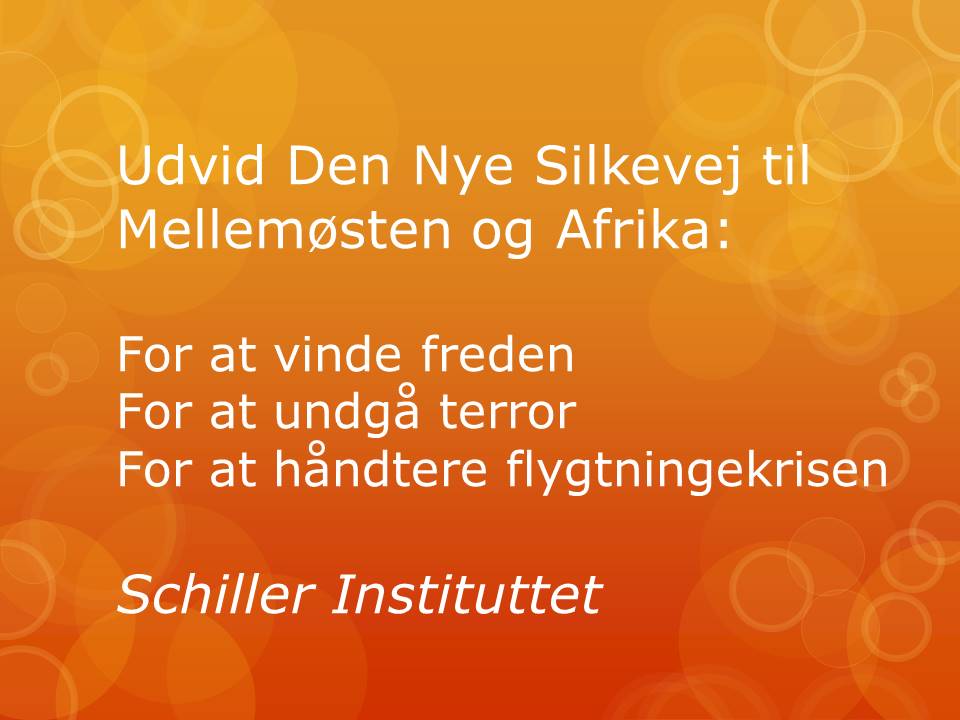
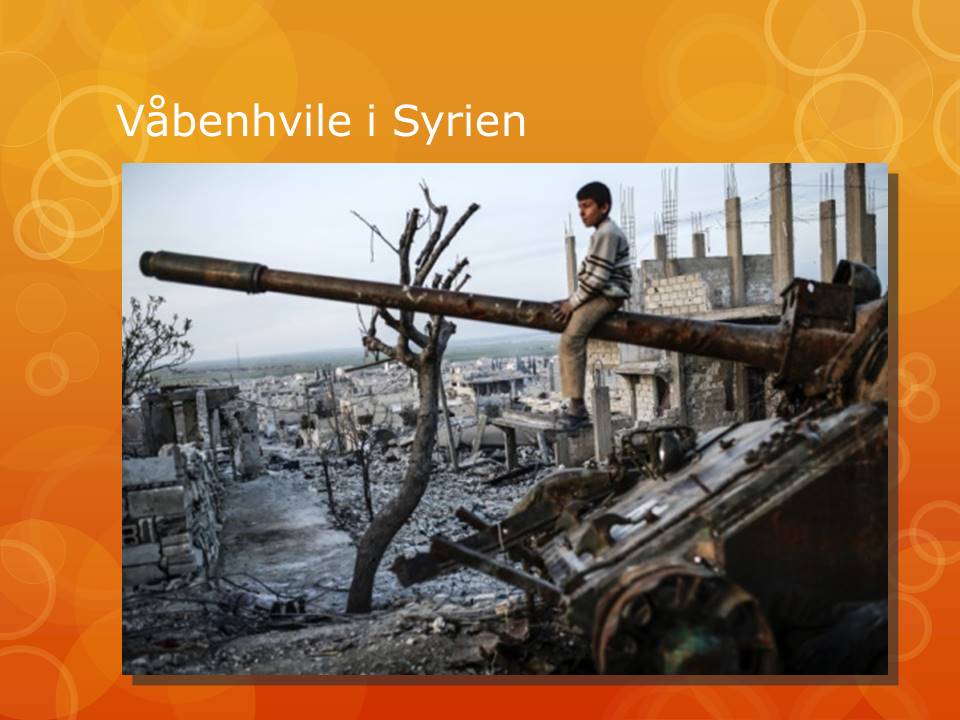
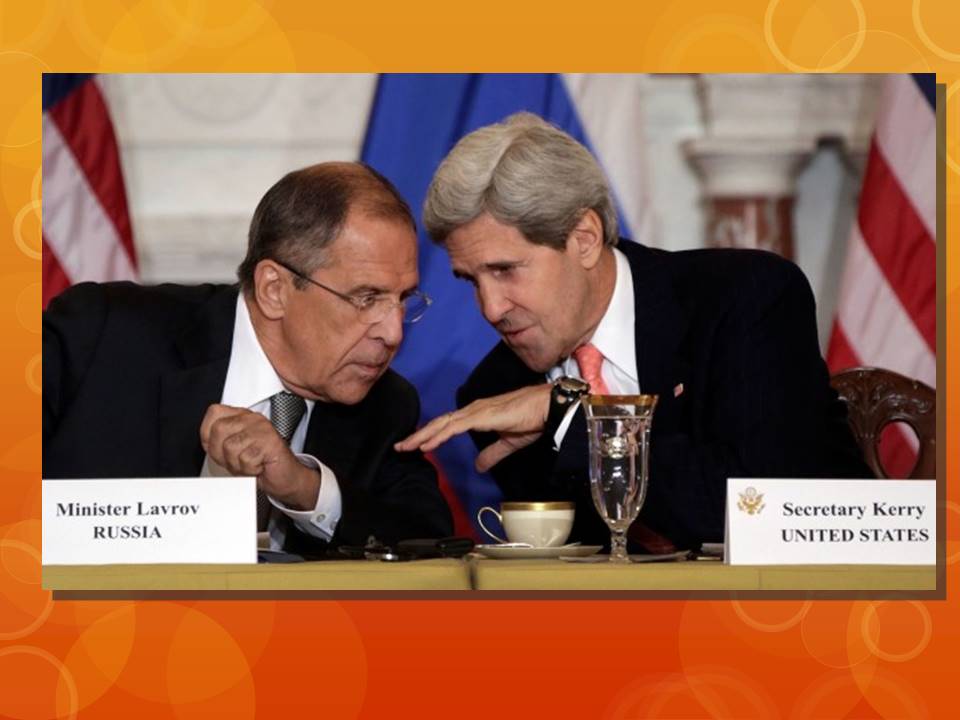

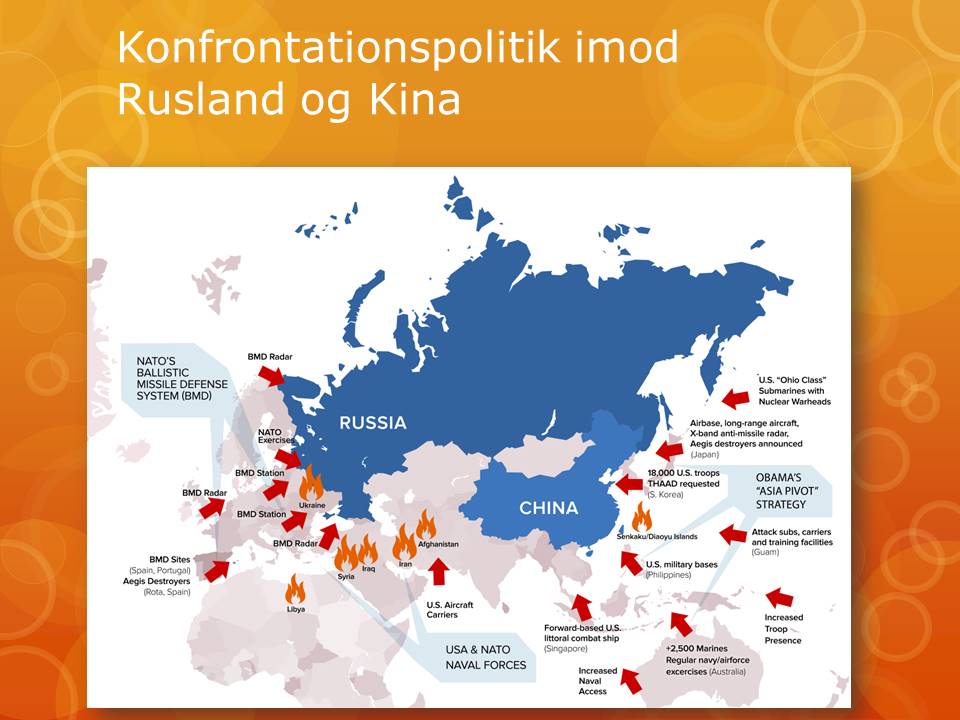
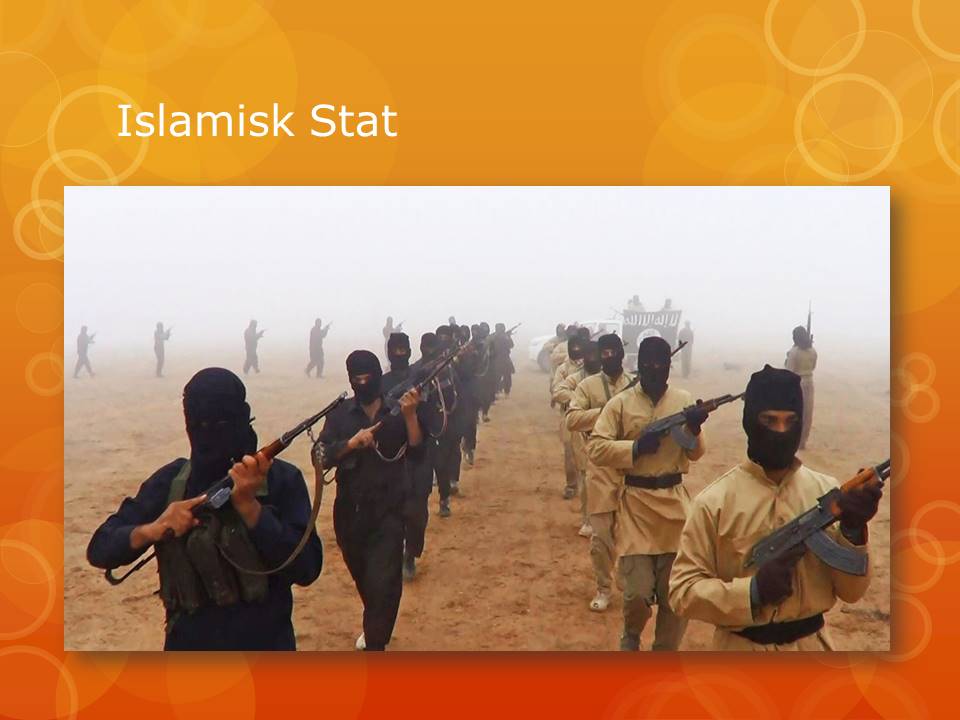
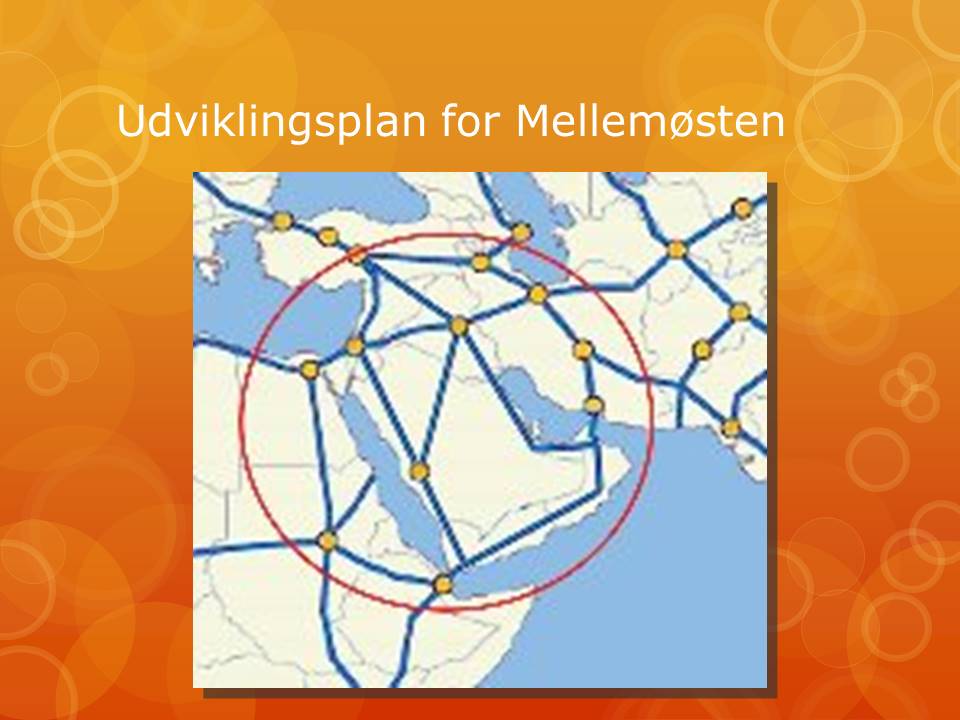
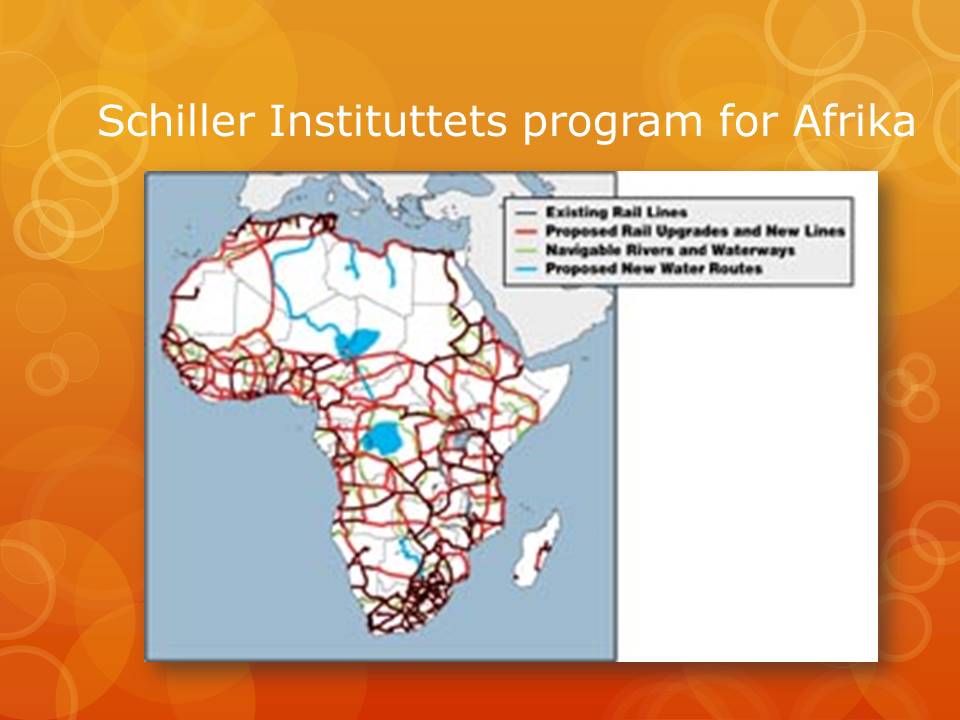

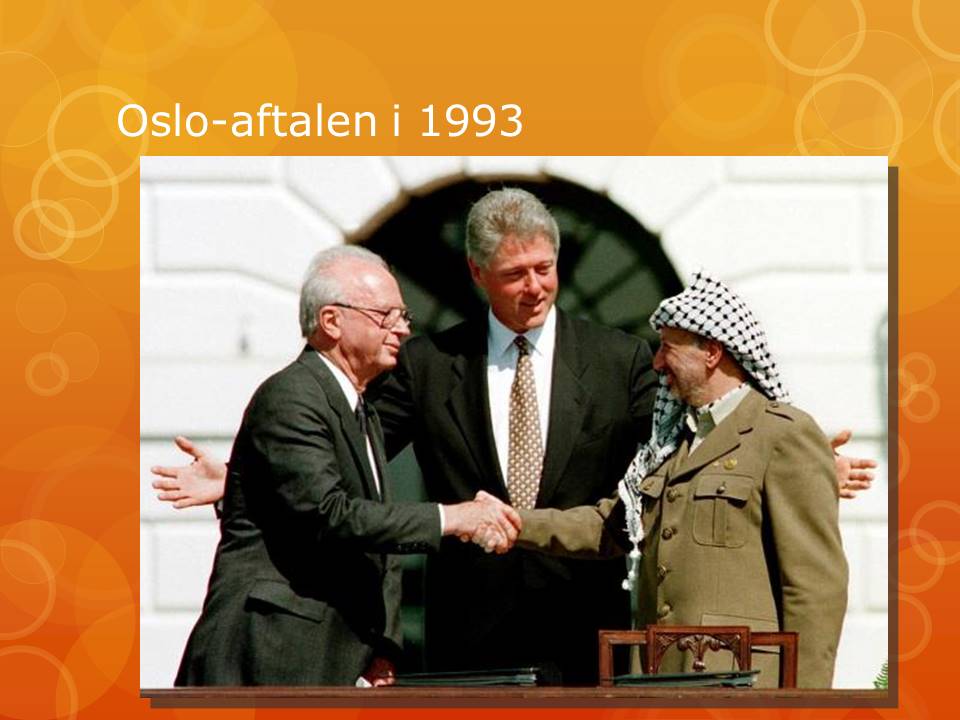
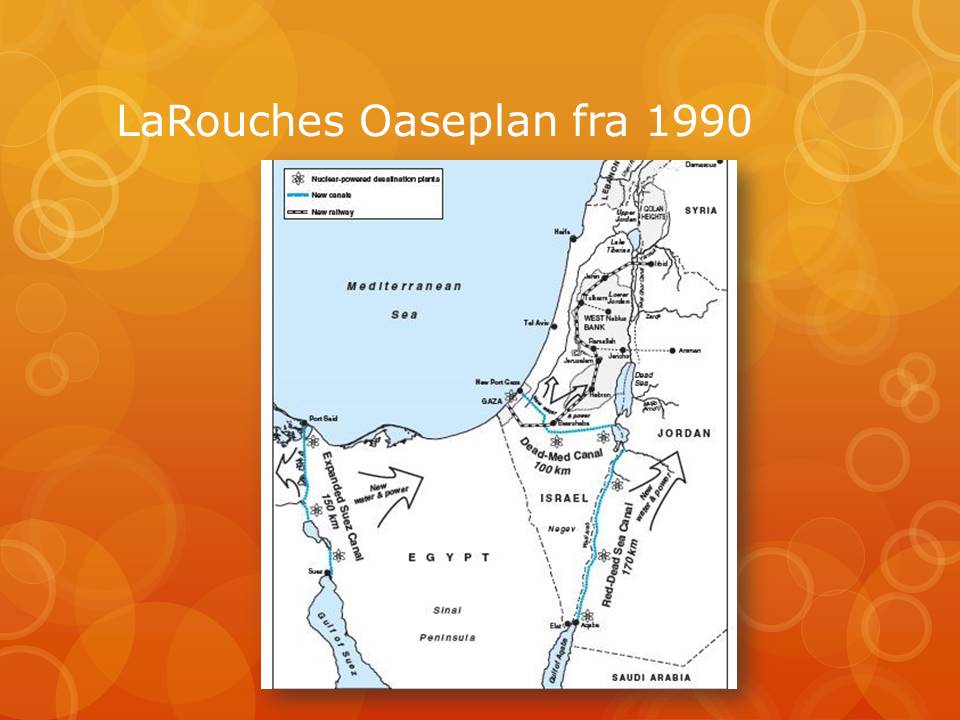
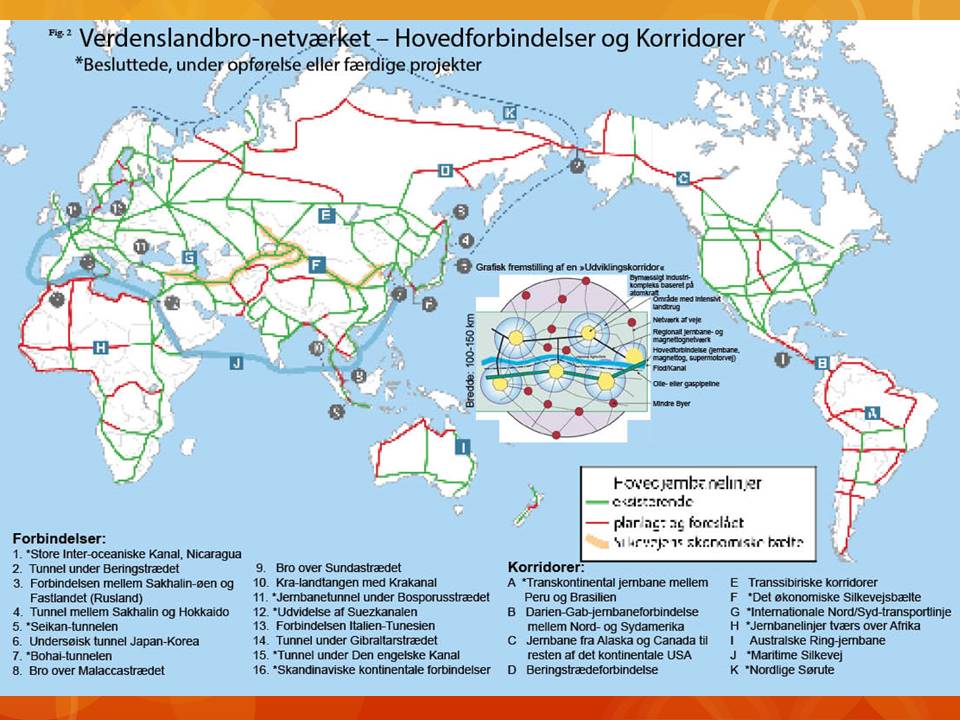

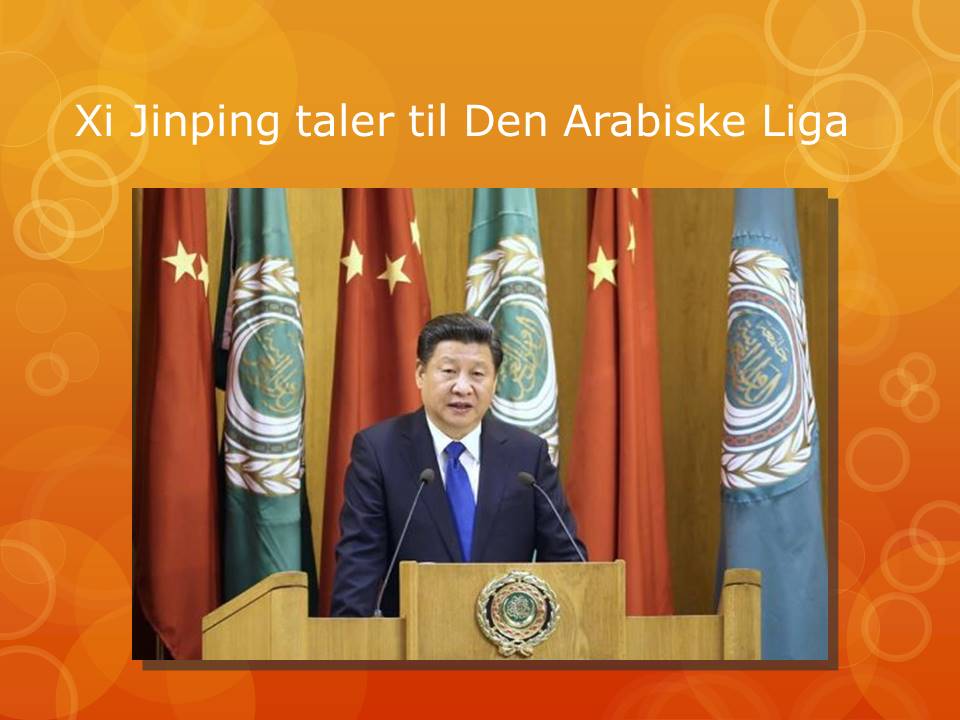
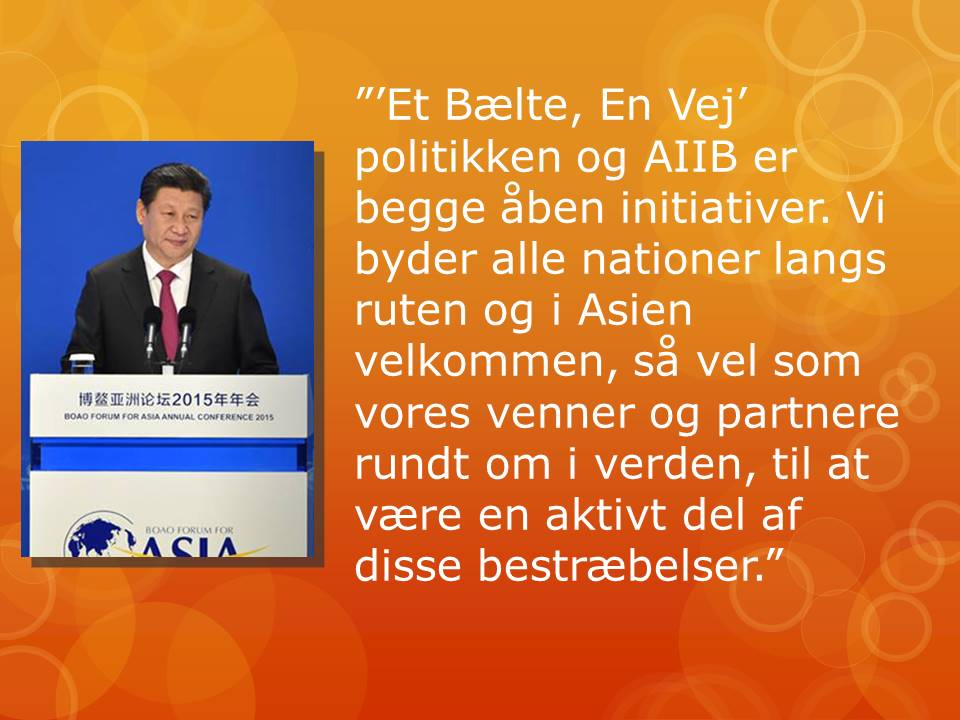
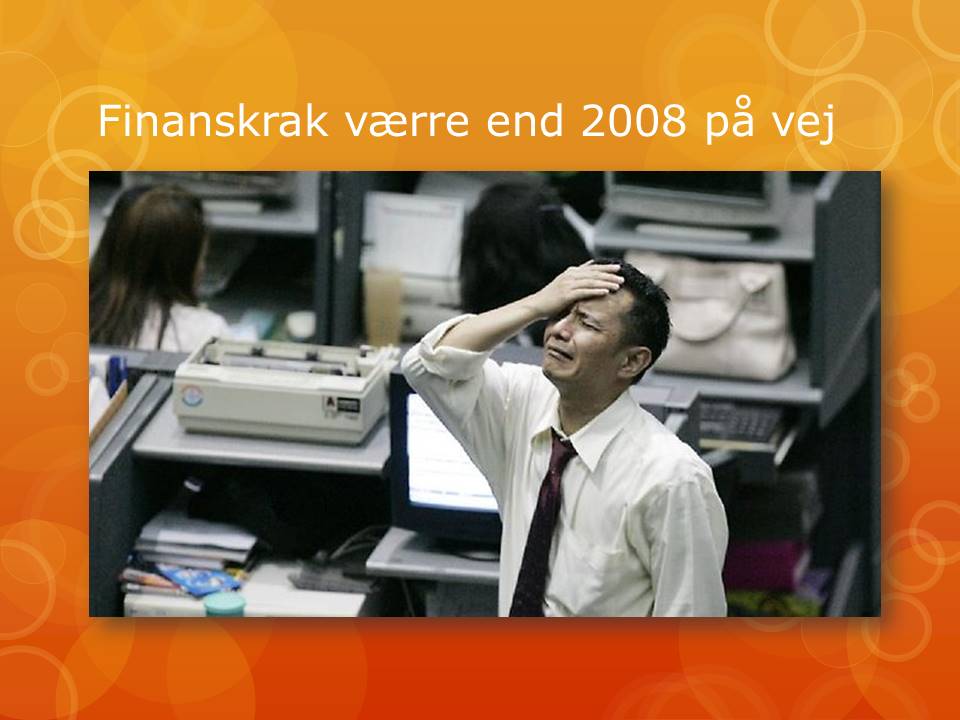
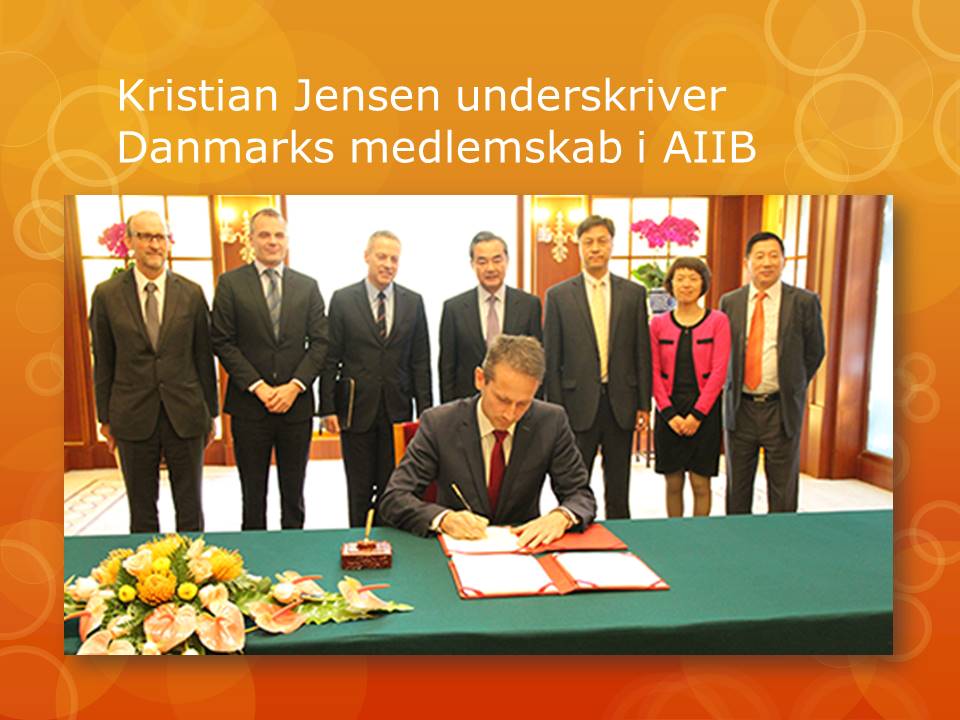
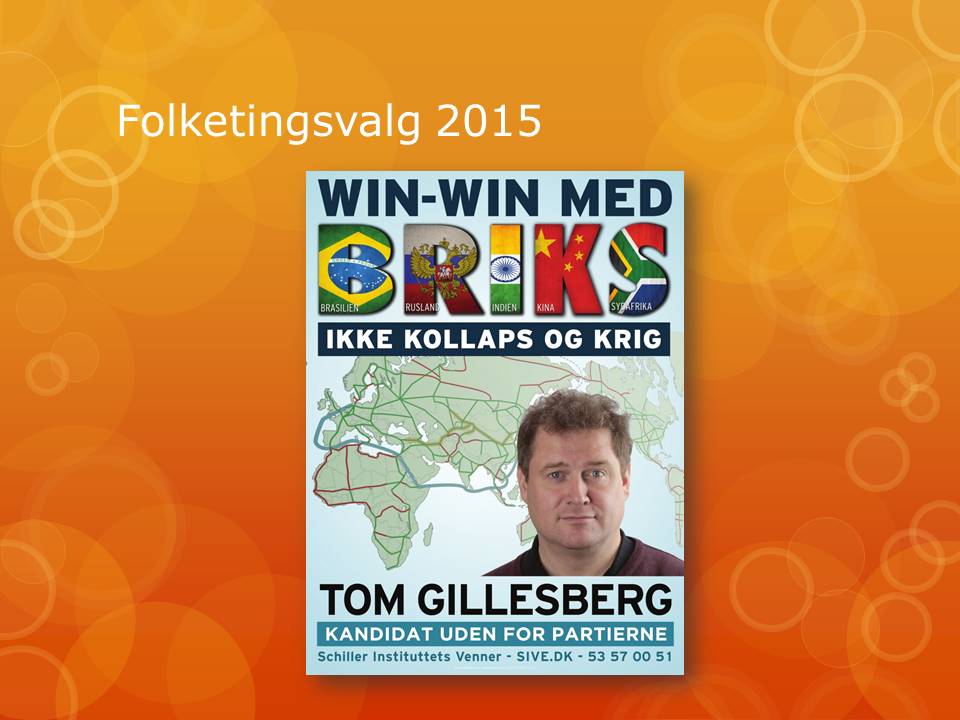
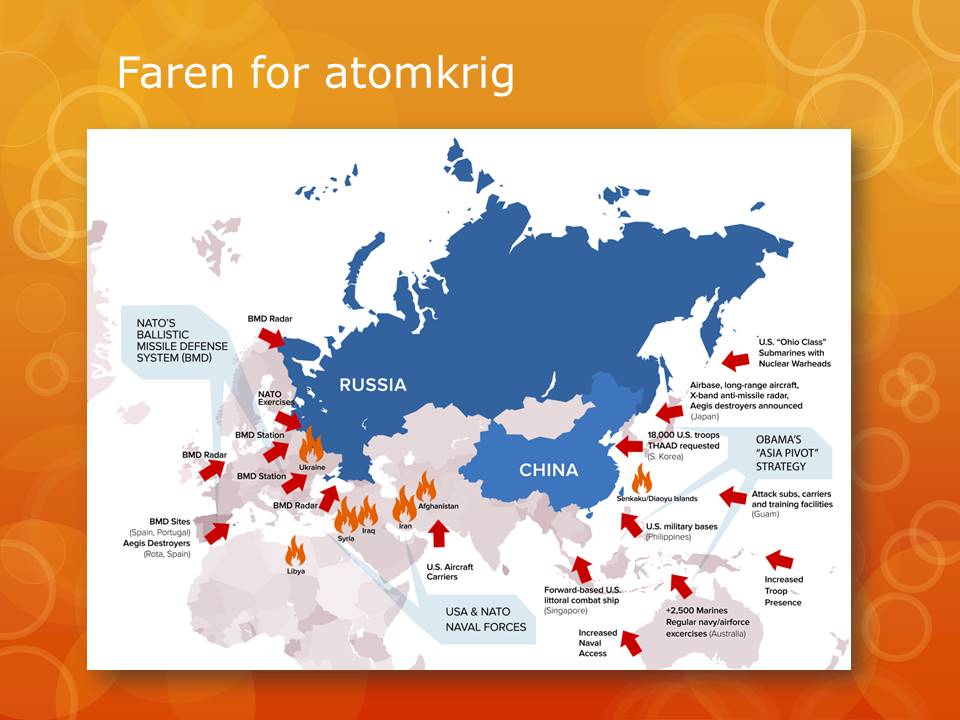
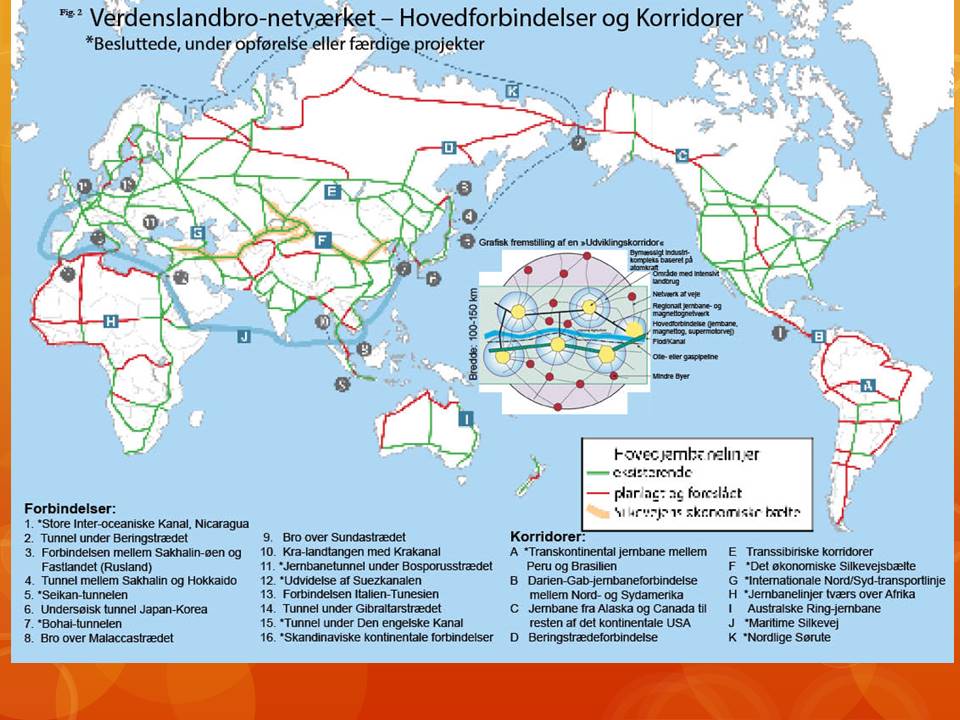
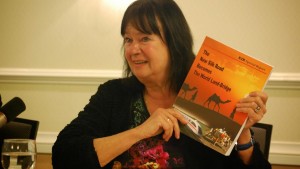 der inkluderer netop disse områder. I en artikel med et internationalt overblik, skrevet 22. jan., (
der inkluderer netop disse områder. I en artikel med et internationalt overblik, skrevet 22. jan., (